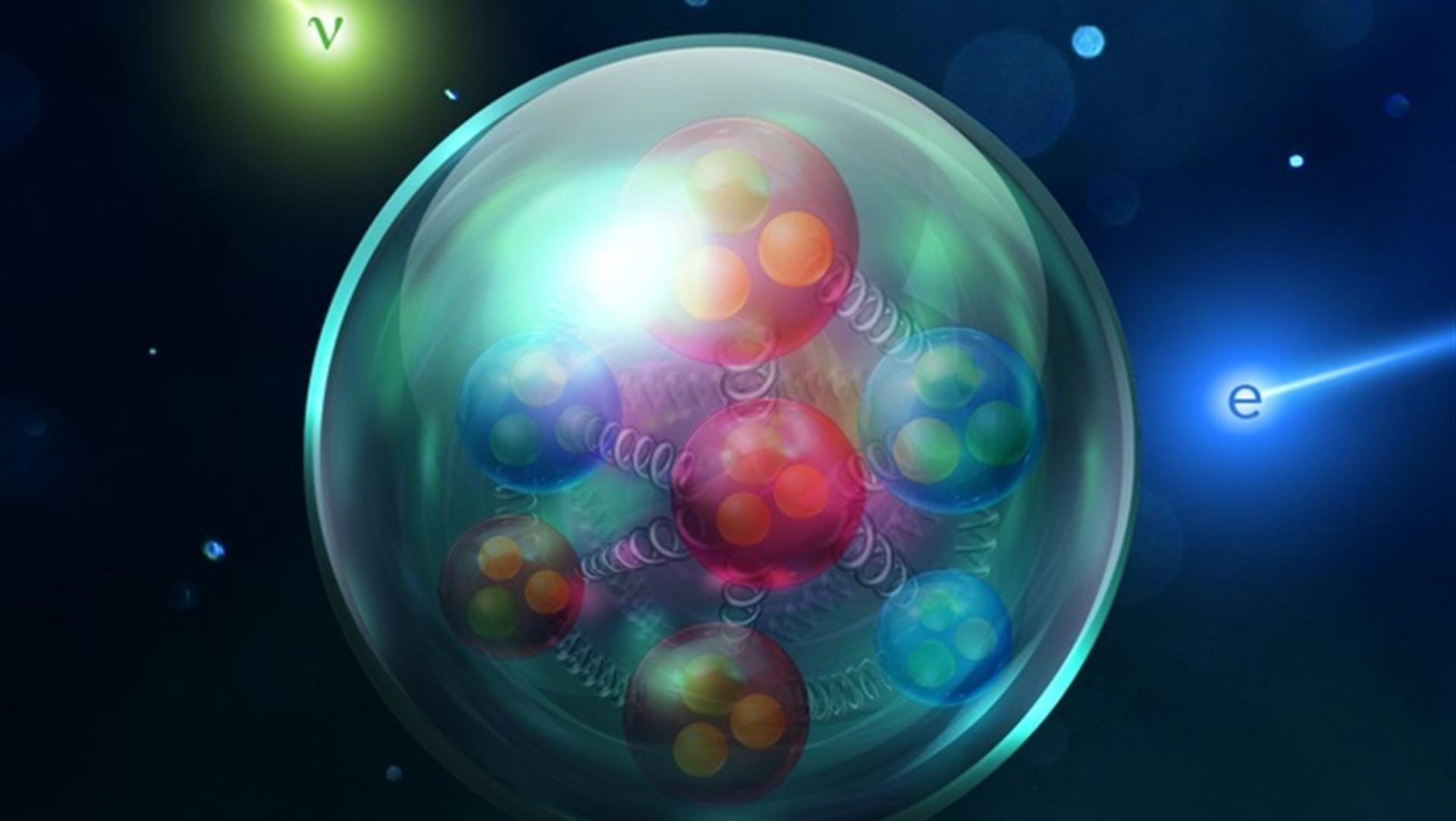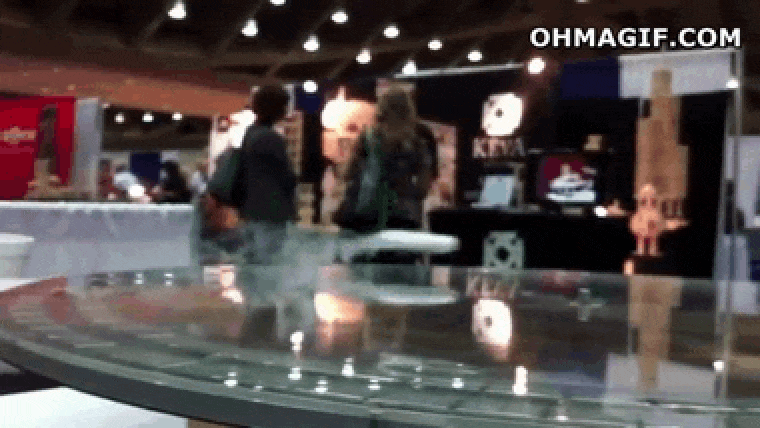Matt Gross writes the Frugal Traveler column for the New York Times travel section, where he seeks out destinations that combine high style and a low budget. He was born[…]
Sign up for Big Think on Substack
The most surprising and impactful new stories delivered to your inbox every week, for free.
The New York Times’ Frugal Traveler columnist on what gear you shouldn’t leave home without.
Question: What gear is essential for a frugal traveler?
Mattrn Gross: Good socks, good socks are very important. Probably as rnimportant, maybe more important than good shoes. A very lightweight, rnwaterproof shell that you can put on over whatever you’ve got, somethingrn that hopefully weighs less than 8 ounces and can be rolled up and rncompressed and stowed in the corner of a suitcase or a bag. Little, rncollapsible bags are great things to have for shopping for groceries, orrn whatever, something that compresses up like that, and then unfolds intorn this big bag. Those are things that you just need to have all the time rnwherever you go. A pair of pliers is a really good thing.
Technology-wise,rn an unlocked cell phone, that’s probably the most important thing, rnwhether you have a computer or not, doesn’t really matter, that’s up to rnyou. I carry a computer because I’m working. I wish could leave it at rnhome. Oh, man, to take a trip without a computer and a power supply and rnall the little doodads and wires, oh, man, that would be so nice! Do rnpeople do that? Do people travel without all that stuff? They must!
Question:rn What are the pliers for?
Matt Gross: They’re for rnanything that might happen. A pair of pliers will help you pull rnsomething out of a campfire. I like to bring those little, little cans rnof Spanish clams and white beans, or octopus and garlic sauce that you rncan just pull open. They’re great to bring on a camping trip, because rnyou just open them up, put it near the campfire and it starts to bubble rnand then you can eat it, you have warm octopus out in the middle of the rnwoods. But you need a pair of pliers to like pull it back out. I used a rnpair of pliers to help fix the battery leads on someone’s car in rnnorthern Cyprus one day, out in the middle of nowhere, otherwise we rnwould’ve been stuck. Pliers are great! Pliers are, they’re like fingers,rn but they’re made of metal and they have more leverage. And they don’t rnburn so easily.
Question: What’s a cheap alternative rnto souvenirs?
Matt Gross: I don’t go out of my way torn look for souvenirs. I don’t need these little physical reminders of rnwhere I went on a trip; I have good memories, usually. But every once inrn a while, I find something that calls out to me as an unusual symbol of rnwhere I was.
When I was in Cambodia several years ago, I visitedrn a rubber plantation and just wound up with a little seed for a rubber rntree in my possession. And I don’t know why I held onto it, I didn’t rneven really remember holding onto it, but it just kind of stayed with mern and around me and on my desk and among my things without ever totally rngetting lost and I just like it, it’s this reminder that these huge rnrubber plantations come from these little seeds and everything that we rnsee that’s made of rubber these days, actually has its origin in this rnstrange, little, sort of brown zebra-striped seed that I have. So, thosern are nice.
I look for, I save currency. I save currency just rnbecause there’s always some left over, so I have a big bag of notes fromrn countries I visited, and they’re kind of interesting to go through rnevery once in a while. I’m really looking forward to when my daughter’s rnold enough to kind of understand the idea of money and I’ll be able to rnlook at these bills and say, “Oh, this is, who is that person on that rnbill from Hungary?” Or, who, you know, “Why is Gandhi on every single rnbill in India? And not just some of them, but I think he’s on like, he’srn on all of them.”
The other thing I like to get whenever I can rnis lithographs and etchings and various prints at like flea markets and rnthings like that. Partly because if they’re small, they’re sort of rneasier to transport, but also, I like multiples, I like the idea that rnsome little print I get in Venice of three chickens scratching on the rnground is one of like 40 that were produced and somewhere out there, rnthere’s 39 other people somewhere in the world who have this little rnthing that I found at a flea market in Venice. And who knows? Maybe I’llrn wind up invited over to someone’s house somewhere in Slovakia or rnMorocco or something like that and I’ll look on the wall and I’ll say, rn"I know those three little chickens! I have those three little chickens,rn too." Those are sort of exciting moments, when you spot something like rnthat.
Mattrn Gross: Good socks, good socks are very important. Probably as rnimportant, maybe more important than good shoes. A very lightweight, rnwaterproof shell that you can put on over whatever you’ve got, somethingrn that hopefully weighs less than 8 ounces and can be rolled up and rncompressed and stowed in the corner of a suitcase or a bag. Little, rncollapsible bags are great things to have for shopping for groceries, orrn whatever, something that compresses up like that, and then unfolds intorn this big bag. Those are things that you just need to have all the time rnwherever you go. A pair of pliers is a really good thing.
Technology-wise,rn an unlocked cell phone, that’s probably the most important thing, rnwhether you have a computer or not, doesn’t really matter, that’s up to rnyou. I carry a computer because I’m working. I wish could leave it at rnhome. Oh, man, to take a trip without a computer and a power supply and rnall the little doodads and wires, oh, man, that would be so nice! Do rnpeople do that? Do people travel without all that stuff? They must!
Question:rn What are the pliers for?
Matt Gross: They’re for rnanything that might happen. A pair of pliers will help you pull rnsomething out of a campfire. I like to bring those little, little cans rnof Spanish clams and white beans, or octopus and garlic sauce that you rncan just pull open. They’re great to bring on a camping trip, because rnyou just open them up, put it near the campfire and it starts to bubble rnand then you can eat it, you have warm octopus out in the middle of the rnwoods. But you need a pair of pliers to like pull it back out. I used a rnpair of pliers to help fix the battery leads on someone’s car in rnnorthern Cyprus one day, out in the middle of nowhere, otherwise we rnwould’ve been stuck. Pliers are great! Pliers are, they’re like fingers,rn but they’re made of metal and they have more leverage. And they don’t rnburn so easily.
Question: What’s a cheap alternative rnto souvenirs?
Matt Gross: I don’t go out of my way torn look for souvenirs. I don’t need these little physical reminders of rnwhere I went on a trip; I have good memories, usually. But every once inrn a while, I find something that calls out to me as an unusual symbol of rnwhere I was.
When I was in Cambodia several years ago, I visitedrn a rubber plantation and just wound up with a little seed for a rubber rntree in my possession. And I don’t know why I held onto it, I didn’t rneven really remember holding onto it, but it just kind of stayed with mern and around me and on my desk and among my things without ever totally rngetting lost and I just like it, it’s this reminder that these huge rnrubber plantations come from these little seeds and everything that we rnsee that’s made of rubber these days, actually has its origin in this rnstrange, little, sort of brown zebra-striped seed that I have. So, thosern are nice.
I look for, I save currency. I save currency just rnbecause there’s always some left over, so I have a big bag of notes fromrn countries I visited, and they’re kind of interesting to go through rnevery once in a while. I’m really looking forward to when my daughter’s rnold enough to kind of understand the idea of money and I’ll be able to rnlook at these bills and say, “Oh, this is, who is that person on that rnbill from Hungary?” Or, who, you know, “Why is Gandhi on every single rnbill in India? And not just some of them, but I think he’s on like, he’srn on all of them.”
The other thing I like to get whenever I can rnis lithographs and etchings and various prints at like flea markets and rnthings like that. Partly because if they’re small, they’re sort of rneasier to transport, but also, I like multiples, I like the idea that rnsome little print I get in Venice of three chickens scratching on the rnground is one of like 40 that were produced and somewhere out there, rnthere’s 39 other people somewhere in the world who have this little rnthing that I found at a flea market in Venice. And who knows? Maybe I’llrn wind up invited over to someone’s house somewhere in Slovakia or rnMorocco or something like that and I’ll look on the wall and I’ll say, rn"I know those three little chickens! I have those three little chickens,rn too." Those are sort of exciting moments, when you spot something like rnthat.
Recorded on April 15, 2010
▸
7 min
—
with





